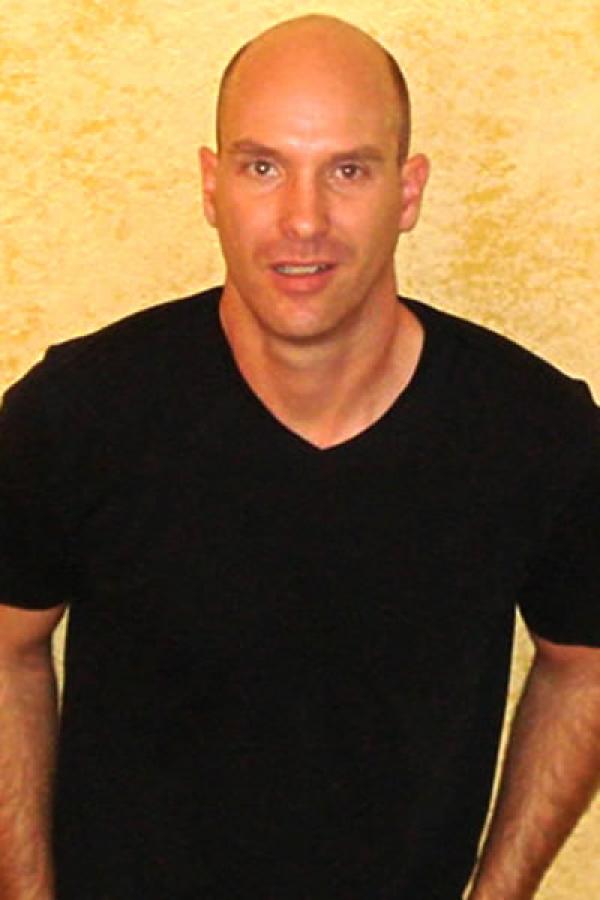Jonathan Fink

Photo courtesy of Jonathan Fink
Bio
Jonathan Fink was born in Lubbock, TX in 1975. He received his BA from Trinity University and his MFA from Syracuse University. He received the 2006 Editors' Prize in Poetry from The Missouri Review, and his poems have appeared in Poetry, New England Review, TriQuarterly, Slate, The Southern Review, Southwest Review and Virginia Quarterly Review, among other journals. From 2003-2006 he was the Creative Writing Fellow in Poetry at Emory University. Currently, he is an Assistant Professor of Creative Writing at the University of West Florida and the editor of Panhandler (www.uwf.edu/panhandler).
Author's Statement
Along with the time and economic support that the fellowship will provide, I value very much the sense of encouragement that comes with the award. The writing process can be isolating, and there is value, of course, in the singular nature of artistic work. But working individually on artistic endeavors can make a writer feel separated from community at times and from literature's fundamental ability to engage a reader or audience. To receive the NEA Fellowship is, for me, an affirmation of the cultural and communal nature of art and I hope to do my best to create poetry that honors the communal nature of art through the poetry's accessibility, lyricism, and conviction.
Excerpt from "Conflagration and Wage: The Triangle Shirtwaist Factory Fire, 1911"
-- The Triangle Shirtwaist Factory caught fire in New York City on
March 25, 1911. 146 workers perished. The majority of the victims
were young women who had immigrated to America. Poor working
conditions in the factory, insufficient escape methods, and the negligence
of the building's owners exacerbated the tragedy. The collective outrage
after the fire led to heightened support for labor unions as well as
significant labor reform.
(sections 1 & 2 from 18 --ed.)
1. Arrival
The arrival of a dream is never as a seed.
Instead, the vision comes full form.
It stirs the way a dog will startle
in his sleep and bark at air, at shadows.
Rising from her bed, a woman dresses
in the dark. Her brother and her father
snort in sleep. Their snores, she thinks,
are like the sounds of engines sputtering.
She steps into her dress and draws it up
and over what she wears to bed before
she lets the sleeping gown release and fall
about her feet. She learned to dress with men
around her long before she started work.
The dream that came to her, that brought her here,
was not a dream of silence, but of words--
a language she had never known, the names
like chimes. Surrounded by the snores of men,
the woman heats a cup of coffee on the stove,
then carves a peach in darkness, lifting pieces
from the blunt side of the blade to mouth.
2. The First Day
A father leads his daughter to the door.
She's wrapped her thimble, scissors,
and a loaf of bread in newspaper, then slid
two needles carefully into her coat's lapel.
When asked, in coming years, what she remembers
most, she says the doorknob's porcelain,
its coldness, white as bone. The street's just wide
enough for wagons passing side by side.
Her father stands across the street. He lifts his hand
as if to call her back, then pauses, holds his fingers
to his mouth. The door is slow to close behind her,
latching as she climbs the flight of stairs.
She moves her hands along the metal
of the upper door until she finds its handle.
Light extends around the frame the way
the moon, when passing in eclipse,
will form a ring of fire. And then, at once,
a whirring sound like insects fills the air.
The room is thick with garments, bolts of cloth,
and everywhere she looks no eyes meet hers.

